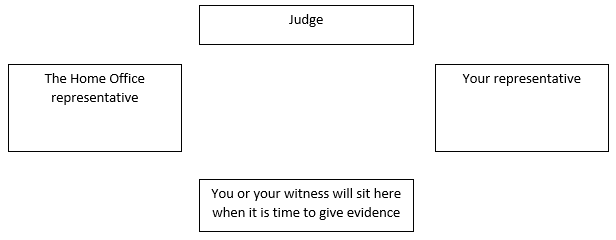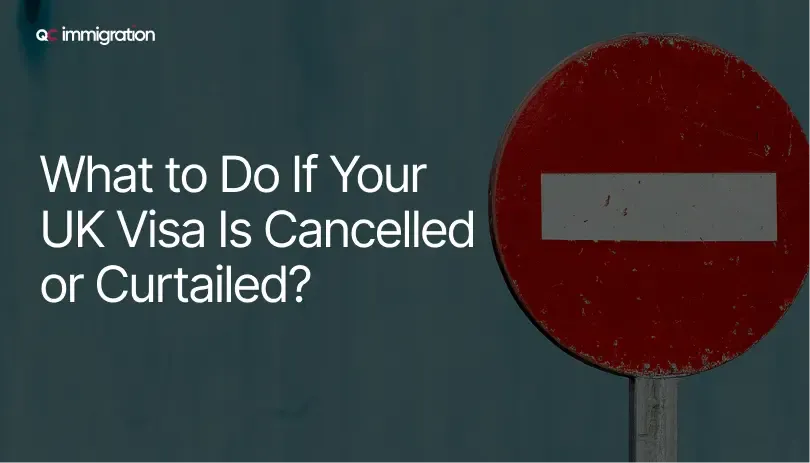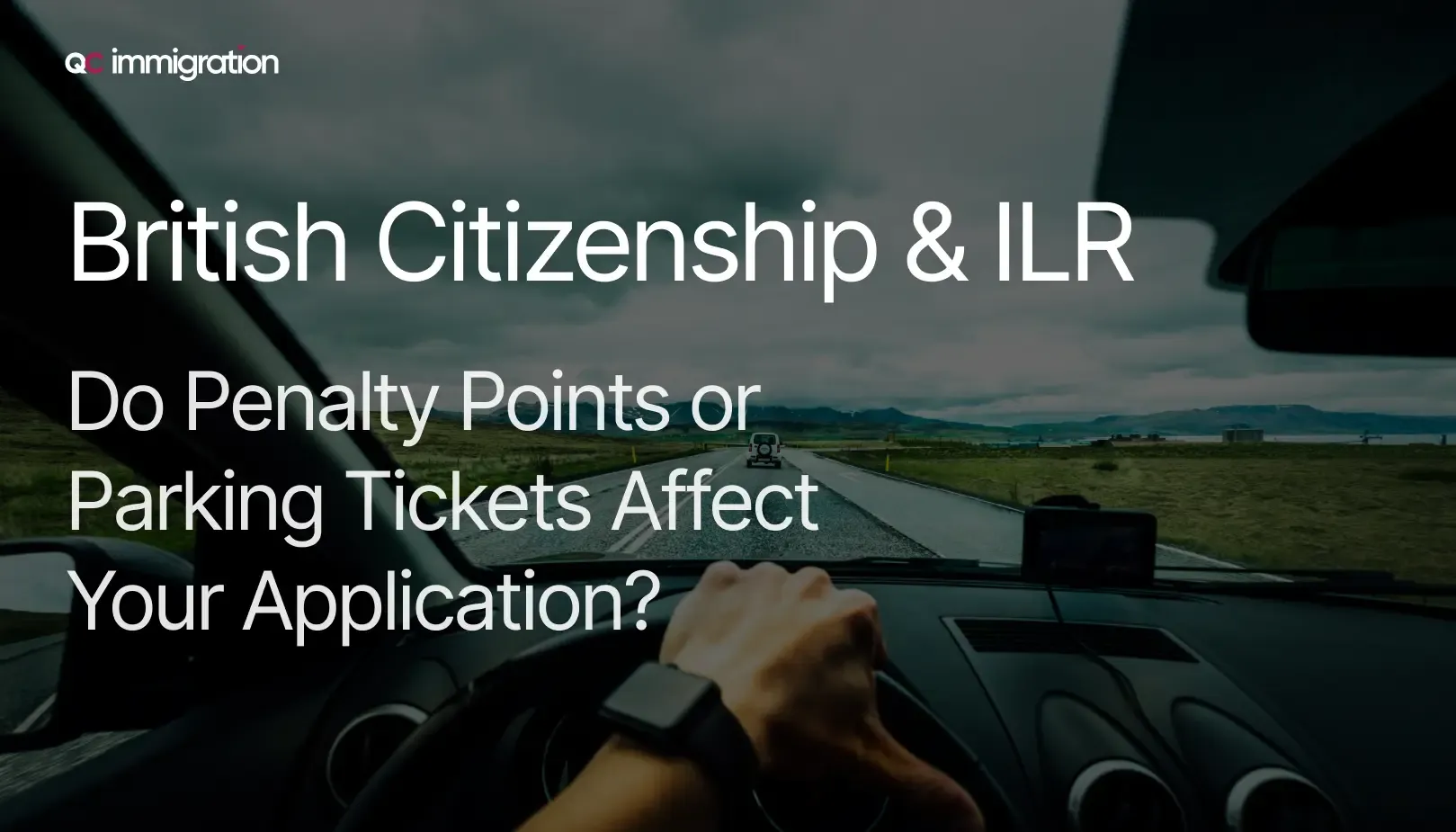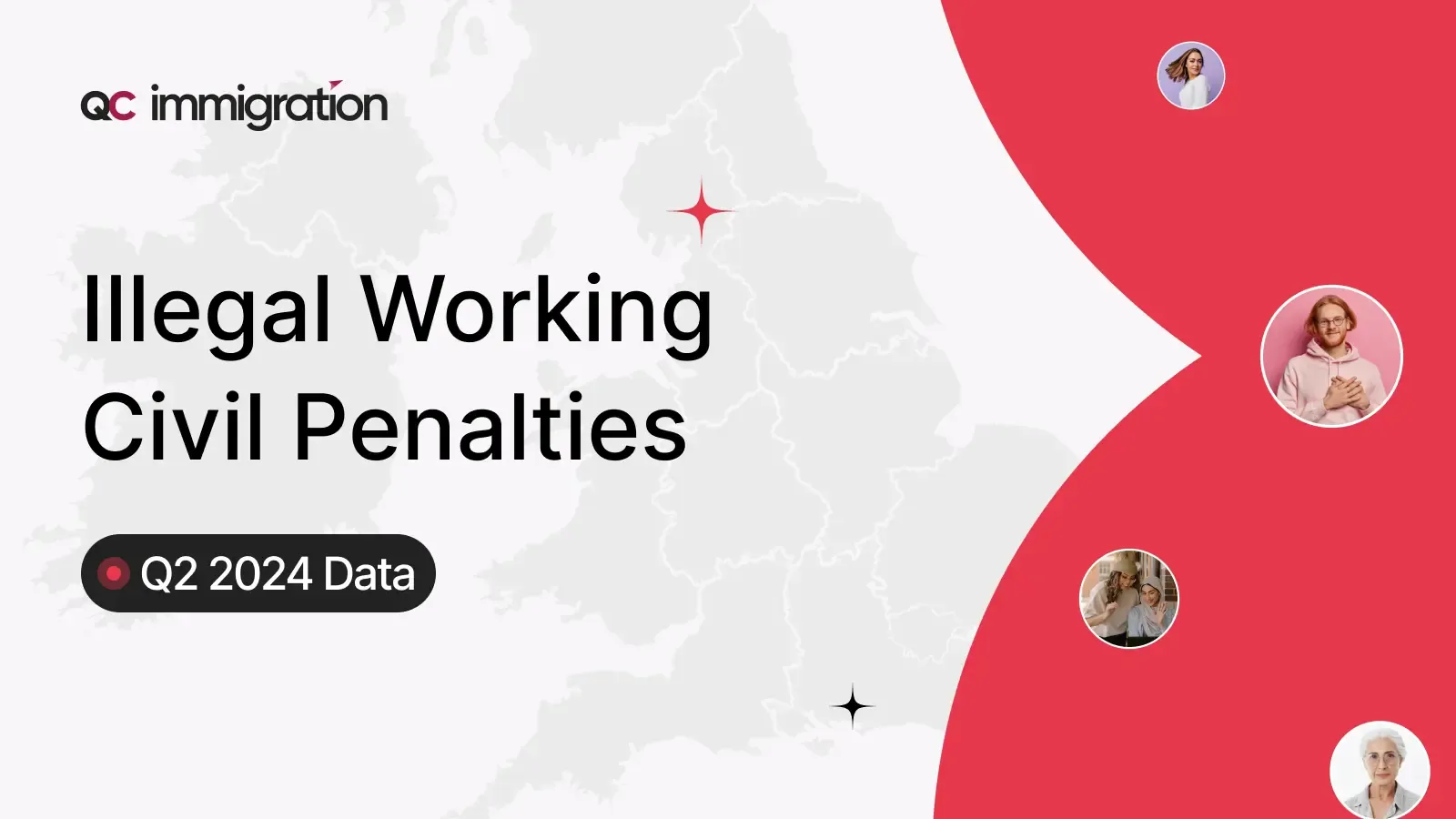
Types of cases that can be appealed to the First-tier Tribunal (Immigration and Asylum Chamber)
If the Home Office has:
- refused your protection claim (also known as ‘asylum claim’ or ‘humanitarian protection’)
- refused your human rights claim (which may include a wide range of Visa applications, depending on the grounds)
- made a decision under the European Economic Area (EEA) Regulations, for example the Home Office has decided to deport you or refused to issue you a residence document
- decided to revoke your protection status
- decided to take away your British citizenship
Time limits to appeal
Appeals from within the UK - Within 14 days of the decision of the application
Appeals from outside the UK - Within 28 days of the decision of the application
You may opt for a Paper or Oral Hearing.
In most cases, we advise clients to proceed with Oral Hearing as you would have better opportunities to present evidence, witnesses and have your statements being heard. The below illustrates what to expect in an Oral Hearing:
Before the actual hearing
- You will be issued with a Notice of Hearing with the date, time and location of your hearing.
- We would normally encourage clients to attend the hearing with our legal representation and any suitable witnesses. If you are not able to attend in person, you may appoint a legal representative or someone appropriate to represent you.
- You may need to take part in a ‘pre-hearing’, where the tribunal will check that you’re ready for a full hearing.
The day of the hearing
- You will need to pass security checks.
- After security, you will be pointed to proceed to reception. Be sure to take into consideration the waiting time at the security or at reception when deciding what time to arrive to the venue.
- At reception, you will be expected to show your notice of hearing, and the staff will request information regarding your name and your role (for example Appellant, legal representative, witness, sponsor, etc.)
- The Tribunal list of cases to be heard would include:
- The court you are going to be in;
- Whether you are on the ‘float list’
What is a ‘float list’?
- It is a list of cases that have not been assigned to a court
- The people in these cases will have to wait in the reception area until they are contacted by the court clerk to inform them that a court is free to hear them
- You will proceed to waiting room with your representative.
- Once entering the court, your representatives will speak with the clerk and the Home Office about the case and pass over any documents relating to the case that has yet to be seen before.
- The hearing room is open to the public.
Giving evidence and submissions
Below is the general layout of a typical immigration Tribunal hearing:

- Most of the time, you will be invited to give evidence during the hearing.
- Your representative will ask you to confirm your witness statement and may ask questions about any issues that require clarification.
- The judge may ask you questions, proceeded by the Home Office Presenting Officer in doing the same. This is called ‘cross examination’.
- If you bring witnesses to your case, they will only provide evidence separately once you have finished giving yours (to prevent the witnesses from being influenced by the evidence you give).
- Once both sides have given evidence, the Home Office will make their submissions by relying on the ‘reasons for refusal letter’ and any additional submissions. You representative will then make final submissions on your behalf.
The end of the hearing
- The judge would typically ‘reserve their decision’, as they are frequently do not express their decision on the day of the hearing itself.
- The Determination of Hearing would normally be delivered in 3-4 weeks or longer.
The tribunal will either decide to:
- allow your appeal
- While this does not automatically mean you are be able to enter or stay in the UK (as it merely means the Home Office has to reconsider its decision), in most cases we do usually experience positive response from the Home Office thereafter.
- dismiss your appeal and uphold the Home Office’s original decision
- Both you and the Home Office can appeal the decision of the tribunal.
- The Tribunal can order either you or the Home Office to pay the other’s costs if either party has acted unreasonably.
Q&A
What if I apply for an appeal after the end of the deadline?
If you apply after the deadline, you must provide reasons for the late application - the tribunal will decide if it can still hear your appeal.
What happens if I choose a Paper Hearing, instead of an oral hearing?
If the Tribunal does not hold a hearing, a judge will decide the case based on the appeal form and the documents.
What are the fees to make an appeal?
- £80 without a hearing (paper appeal)
- £140 with a hearing (oral appeal)
Where do I submit the appeal application?
You can find more information in submitting the appeal here https://www.gov.uk/immigration-asylum-tribunal
What if the applicant is not able to afford the fees?
They may seek for asylum support, legal aid, or services from the local council if they are under 18 years old.








